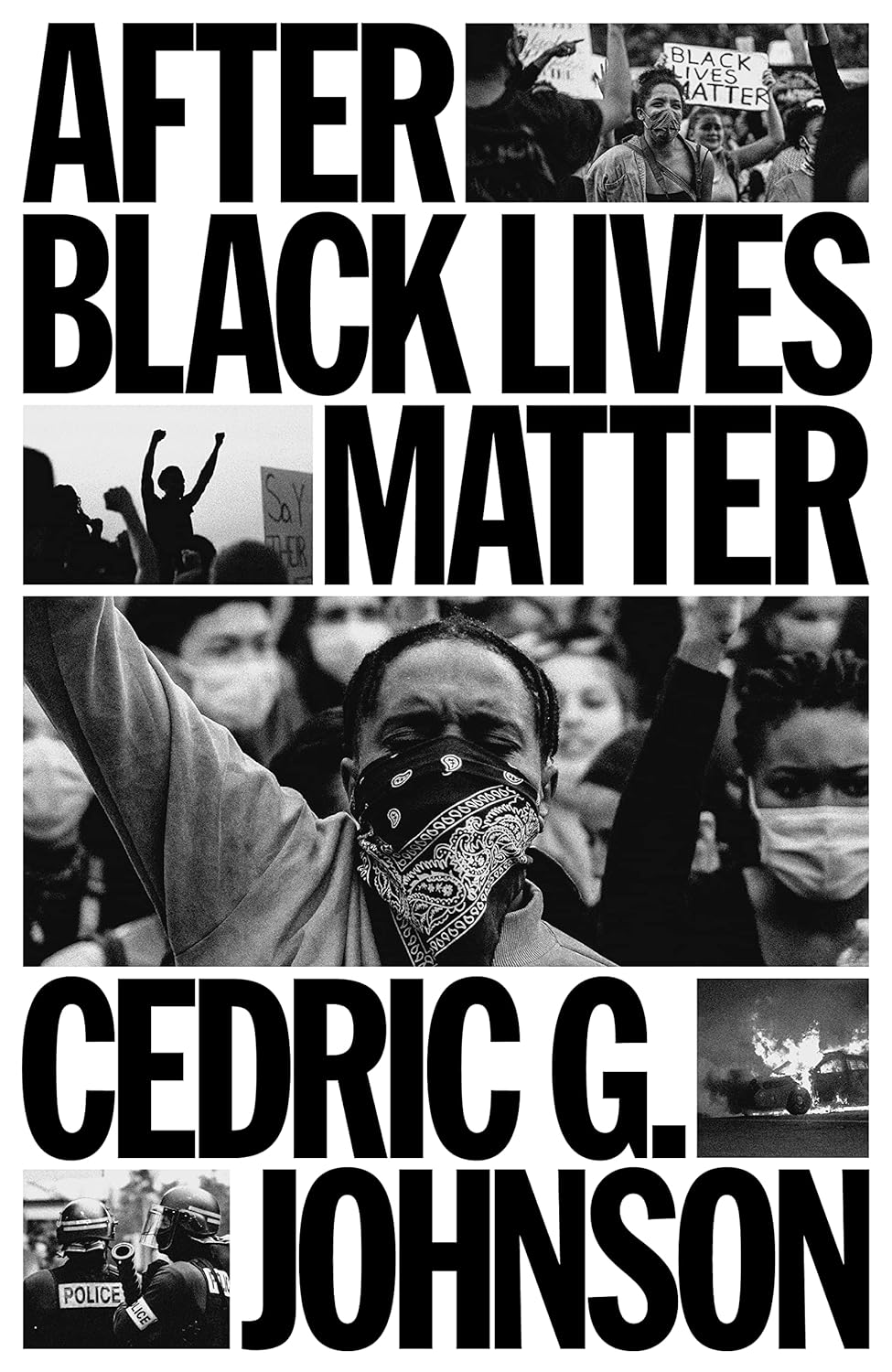In his new book, “After Black Lives Matter,” the political scientist Cedric Johnson blows right past the sort of hemming and hawing that has become de rigueur in today’s conversations about the George Floyd protests. Johnson chooses, instead, to level a provocative and expansive critique from the left of the loose collection of protest actions, organizations, and ideological movements—whether prison abolition or calls to defund the police—that make up what we now call Black Lives Matter. He agrees that unchecked police power is a societal ill that should inspire vigorous dissent. His problem is more with the “Black Lives Matter” part—not the assertion, itself, which should be self-evident, but, rather, how the shaping of the slogan and its main beneficiaries (Johnson believes these are mostly corporate entities) promoted a totalizing and obscurantist vision of race and power.
Much like Barbara Fields and Adolph Reed, two Black scholars cited in the book, Johnson is a socialist, and his argument is “inspired and informed by the left-wing of antipolicing struggles,” which he takes great care to distinguish from what he sees as the more corporatized and popular vision of Black Lives Matter, and the naïvete of the police-abolition movement. He does not dismiss the pernicious impact that racism has upon the lives of people in this country, but he does not see much potential in a movement that focusses on race alone, nor does he believe that it accurately assesses the problem with policing. He writes:
During the 2020 George Floyd protests, the politics of Black Lives Matter seemed especially militant and stood in sharp contrast to the pro-policing, authoritarian posturing and hubris of the Trump administration. The fundamental BLM demand, that black lives equally deserve protections guaranteed under the Constitution, momentarily achieved majority-national support. Through slogans like the “New Jim Crow” and “Black Lives Matter,” the problem of expansive carceral power was codified as a uniquely black predicament. Police violence, however, is not meted out against the black population en masse but is trained on the most dispossessed segments of the working class across metropolitan, small town and rural geographies.
The police, in other words, enact violence against all poor people, because, in a capitalist country like the United States, the police serve primarily to reproduce “the market economy, processes of real estate development in central cities and the management of surplus populations.” Poor rural whites, Black people who live in the inner cities, Latinos in depressed agricultural districts, and Native Americans across the country can all be tagged as surplus, and Johnson argues that this condition has a much more direct and meaningful impact on how they are policed than race does. He also believes that the focus on race serves bourgeois interests, because it reduces the question of inequality in this country to skin color; this, in turn, obviates any discussion about how an improvement in basic living standards—health care, housing, child care, and education—could make communities safer. If all you have to do is expunge the racism in the hearts of police officers, or, perhaps, just reduce the number of racist patrol officers on the streets, you don’t have to do much about poverty. Or, at the very least, you can pretend that class conflict and racialized police brutality are two separate issues, when, in fact, they are the same thing.
